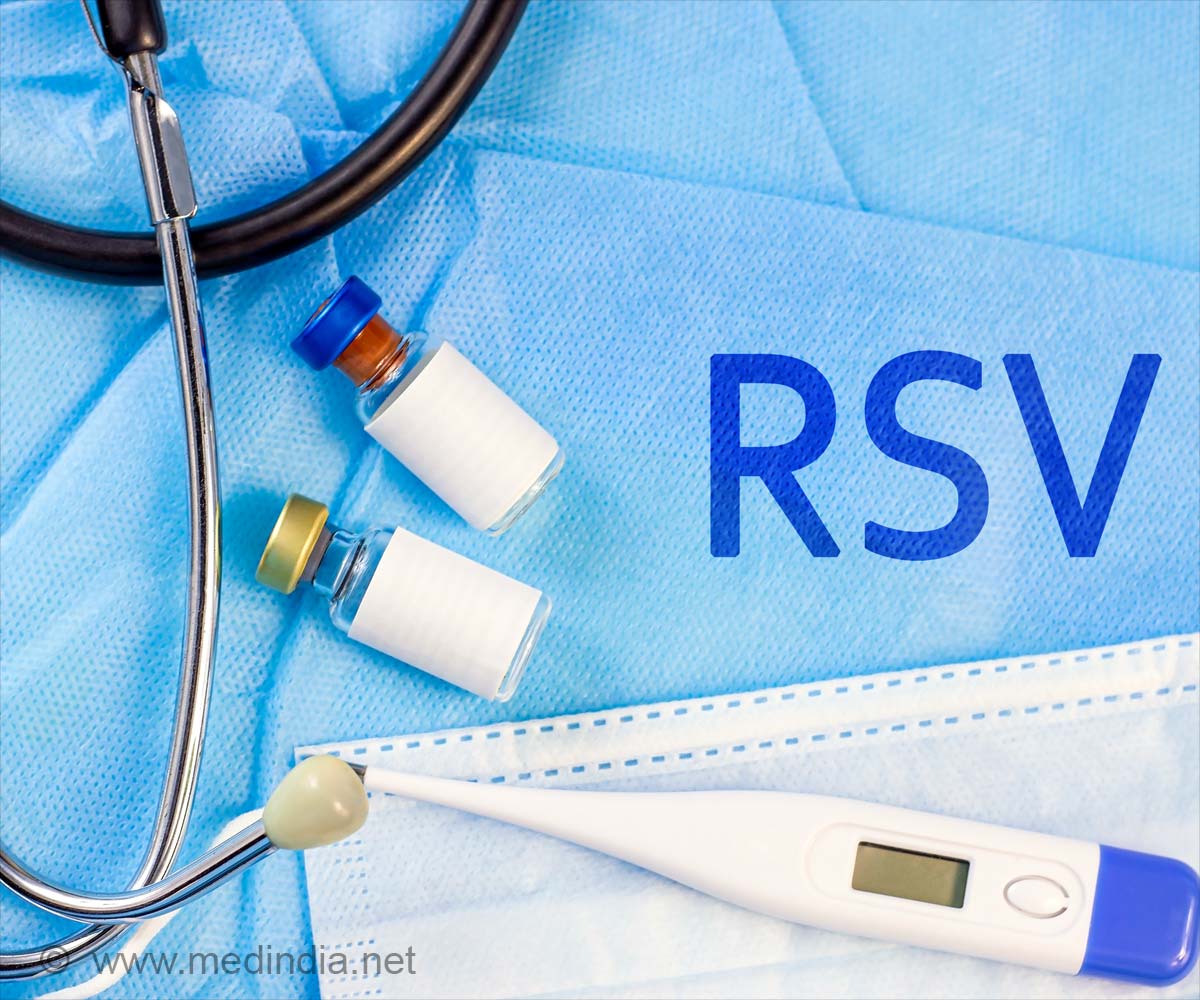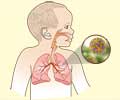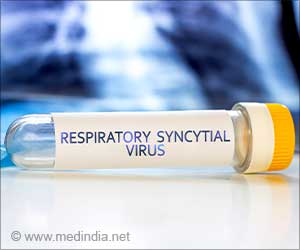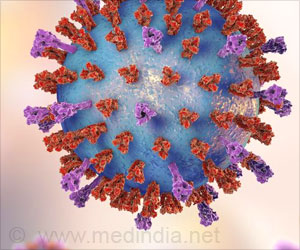Getting the RSV vaccine 5 weeks before delivery maximizes newborn protection. Timing matters- discover why!

- Respiratory syncytial virus (RSV) is a leading cause of hospitalization in infants, making maternal vaccination critical for newborn protection
- Vaccinating at 32 weeks of pregnancy optimizes antibody transfer through the placenta
- Breastmilk from RSV-vaccinated mothers may provide additional protection to infants, but more research is needed
Enhanced placental antibody transfer efficiency with longer interval between maternal RSV vaccination and birth
Go to source). RSV is the primary cause of hospitalization in infants in the United States.
Respiratory Syncytial Virus (RSV) Vaccination During Pregnancy
RSV normally causes mild, cold-like symptoms in most adults, but it can be fatal to infants. While current guidelines prescribe a vaccine between weeks 32 and 36 of pregnancy, new research indicates that inoculation closer to 32 weeks may provide the most protection. The findings of the study were reported in the American Journal of Obstetrics and Gynecology.Respiratory syncytial virus (RSV) vaccine timing can influence how effectively antibodies are transferred to newborns. Earlier vaccination ensures maximum protection for tiny lungs! #maternalhealth #rsv #infanthealth #medindia’
All study participants were treated at MGH or Mount Sinai Health System in New York City. RSV antibody levels can predict protection from RSV infection in infants who are too young to receive their own immunizations.
Best Time for Maternal Respiratory Syncytial Virus (RSV) Vaccination
The researchers discovered that maternal RSV vaccination at least five weeks before birth resulted in the most efficient transmission of maternal antibodies across the placenta to the newborn, compared to maternal immunization two to three or three to four weeks before delivery.In a separate study, RSV antibody levels in maternal and cord blood after RSV immunization were compared to those in 20 unvaccinated moms. Maternal RSV vaccination significantly increased and prolonged maternal and cord RSV antibody levels.
"Our findings suggest that being vaccinated earlier within the approved timeframe allows for the most efficient placental transfer of antibody to the newborn," stated senior author Andrea Edlow, a maternal-fetal medicine specialist in the Department of Obstetrics and Gynecology at Massachusetts General Hospital. "They may also have consequences for when to provide Nirsevimab, an RSV monoclonal antibody, to neonates. Other vaccines given during pregnancy should be studied similarly.
The researchers concluded that more research is needed to discover the lowest amount of antibody transfer and/or newborn blood antibody levels required to adequately protect neonates against RSV. It is also critical to understand the potential added protection for infants offered by breastmilk from RSV-vaccinated moms. This study was designed to detect antibody transfer; however, bigger trials of infants aged 2 to 6 months will be required to determine the extent to which this leads to improved protection.
- Enhanced placental antibody transfer efficiency with longer interval between maternal RSV vaccination and birth - (https://www.sciencedirect.com/science/article/pii/S0002937824011256)
Source-Medindia















